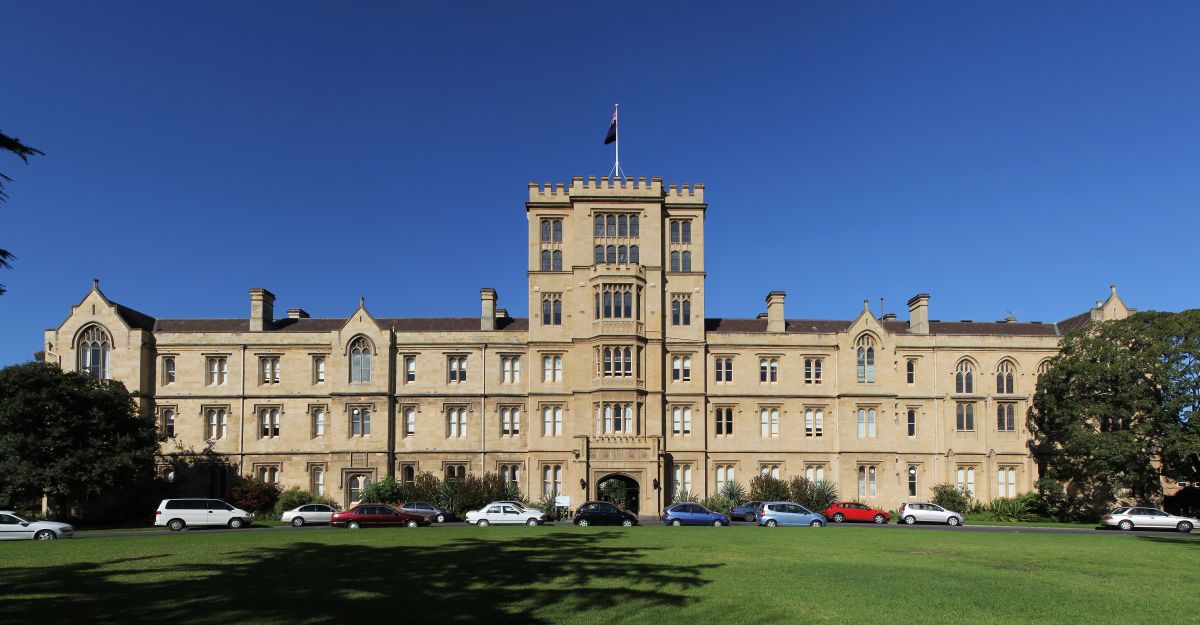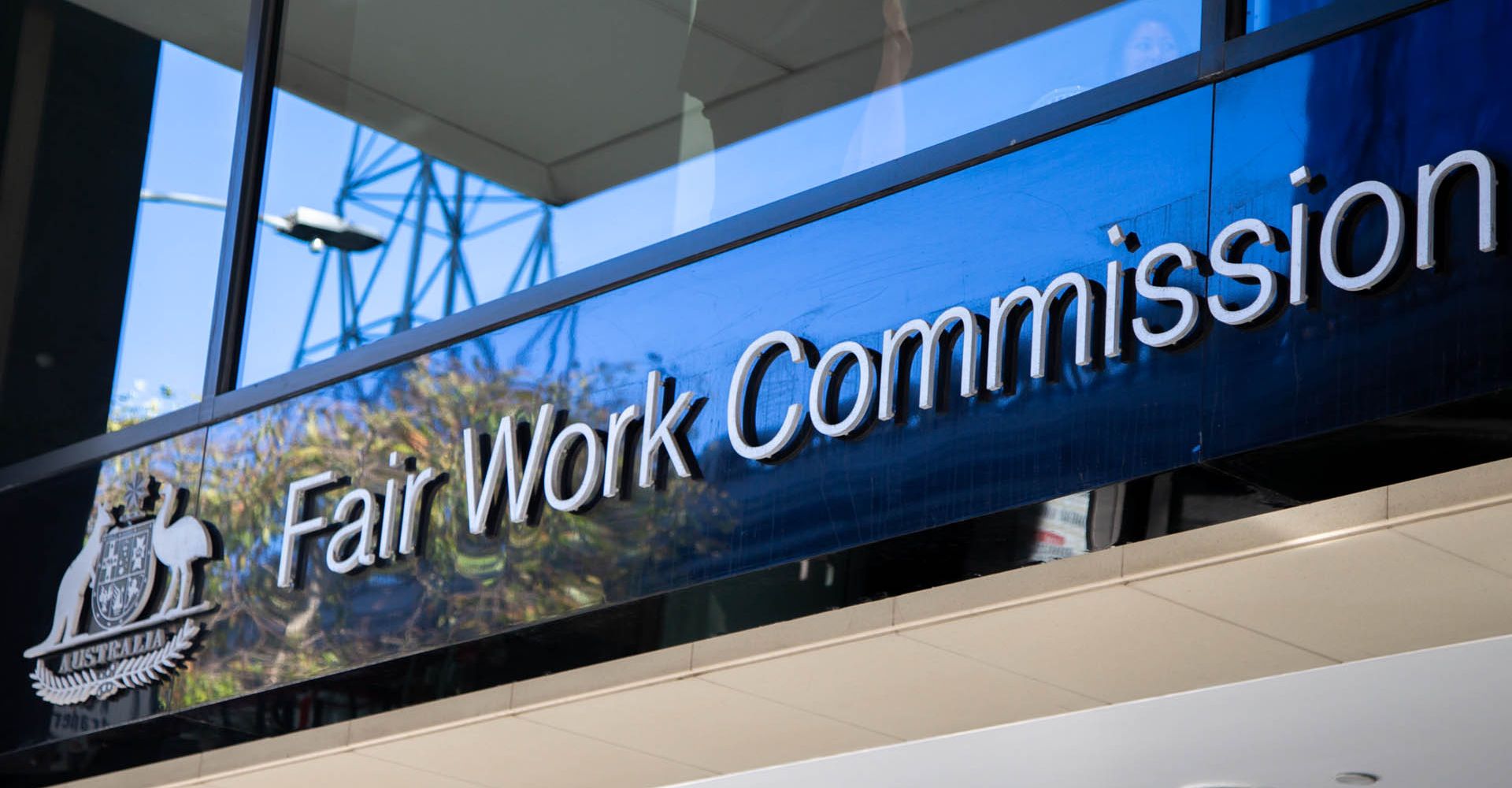In the wake of Australia’s most devastating bushfire season and the governments continued inaction, the pressure is mounting for Australian universities to take initiative in the fight against climate change. While the Liberal-National Coalition continues to grapple with denialism and the ‘identity politics’ of climate change, Australian citizens are turning to other prominent institutions to lead the way. However, despite Australian universities being valued as thought leaders within the community, they have been found to share personnel with, receive funding from and heavily invest in a number of fossil-fuel companies and other environmentally destructive corporations.
A recent report conducted by Fossil Free Australia has exposed the convoluted and overlapping relationship between Australian Universities and these companies. The study found multiple leading Australian universities receive hefty funding from the Australian Coal Association Research Program (ACARP) an organisation which is ‘100% owned and funded by all Australian black coal producers’, as well as from the Australian Research Council (ARC), an organisation that allocates government funding to create links between researchers and the private sector, predominantly in the mining industry. Moreover, universities including Monash, UNSW, Newcastle and UQ were all found to have members from the Australian Petroleum and Exploration Association and the Mineral Council of Australia amongst their senior staff members.
The ramifications of Australian Universities accepting funding from ACARP and ARC, alongside the employment of fossil-fuel board members into their own staff can be seen through the projects and investments the universities continue to align themselves with.
The University of Western Australia has recently experienced a backlash after signalling a collaboration with Chevron and Woodside, two major fossil fuel companies. The partnership, known as The Centre for Long Subsea Tiebacks, will aid the expansion of the gas industry into remote areas of the state. This move has received considerable criticism as the partnership violates the environmental goals the institution has committed to. However, UWA’s ties to Woodside should not come as a surprise: Dr Michael Chaney, chancellor of the university from 2006 to 2018, was also chairman of Woodside Petroleum Limited.
Fossil Free activist groups on campuses across Australia are calling on universities to listen to their own academic research and begin practising what they preach. A freedom of information inquest conducted by Fossil Free Usyd in 2019 found The University of Sydney to still hold $22.4 million worth of coal, oil and gas investments. Whilst institutional mechanisms and decision-makers lag behind, academics and students are demanding the university divest and work towards a decarbonised Australia. The University of Sydney’s Law School has declared a climate emergency and academics have held a series of talks to discuss the severity of the crisis.
The Australian universities that continue to invest into the fossil-fuel industry risk jeopardising their prestigious statuses and reputations as progressive leaders. Their academic research on climate change must be reflected on their financial decisions. To do otherwise is a threat to academic integrity.
Outside of Australia, a global shift is occurring. World-leading academic institutions including the University of Glasgow and Stockholm University are fully divesting from fossil fuel companies. Others, such as Yale and Stanford, have made partial but sizeable divestments from coal, gas and oil and are signalling full divestment.
Despite this global trend, Australian universities continue to hesitant to divest their portfolio of assets away from environmentally toxic industries. Thus far, only two of them – La Trobe and the Queensland University of Technology – have completely divested. The University of New South Wales recently announced a 45 per cent divestment from its fossil-fuel assets. Despite this sizeable downsize, it continues to hold $16.2 million worth of investments in ‘companies that directly own fossil fuel reserves’. Shortly after the divestment announcement was made, UNSW President and Vice-Chancellor, Professor Ian Jacobs stated that ‘about 50% of the solar panels sold worldwide today use UNSW-design technology’. It is this intrinsic contradiction that opens Australian universities up to the criticism of greenwashing.
Other universities have conducted partial divestments, including Australian National University, Monash University, the University of Sydney and Swinburne University. However, they are showing limited signs of completely decarbonising. At the Davos World Economic Forum, Greta Thunberg stated that multiple institutions were guilty of creating the ‘impression that sufficient action is being taken’ and that ‘we don’t want these things by 2050, 2030 or even 2021 – we want this done now’. Partial divestment from the fossil-fuel sector by Australian universities is an important first step. However, it also shows the immense work that still needs to be undertaken to decarbonise the institutions’ investments. Pressure from advocacy groups, students and academics must continue in order for Australian universities to lead a just transition aware from the fossil-fuel industry and to the renewable sector.
Universities across the country are a meeting ground for progressive movements and innovative ideas, and students are calling for them to reflect this pacemaker role. Australian universities need to divest from carbon-intensive corporations and become the leaders for a decarbonised Australia.
Image: detail from the cover of the Exposing the Ties report






